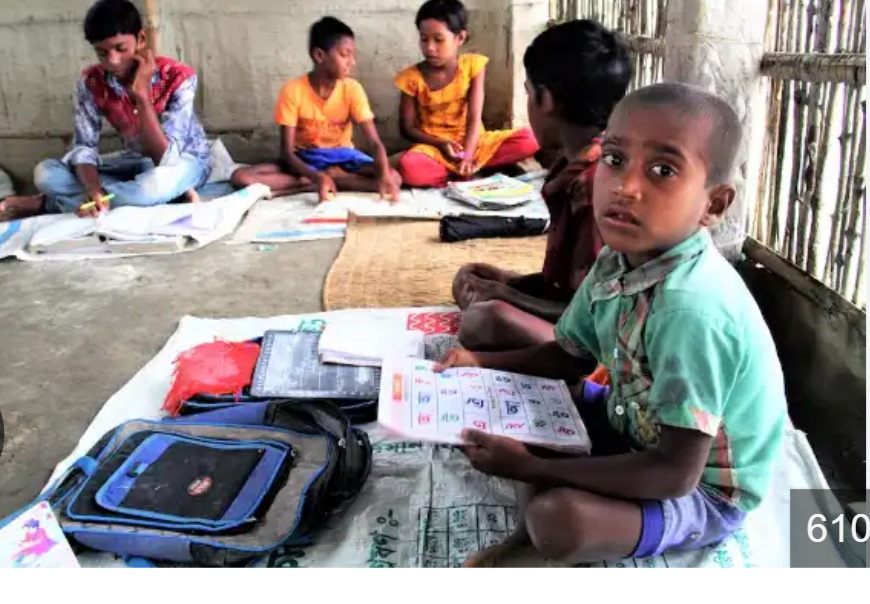Illiteracy
Illiteracy is the inability to read and write, and it remains a major issue in many parts of the world. It limits a person’s ability to access information, education, and job opportunities, keeping them trapped in poverty. Illiterate individuals often struggle with basic tasks like reading signs, filling out forms, or understanding instructions, which can make daily life difficult and frustrating.
Illiteracy not only affects individuals but also holds back the development of communities and nations. A country with a high illiteracy rate faces challenges in economic growth, public health, and social progress. Education is the foundation of empowerment, and without it, people cannot fully participate in society or make informed decisions about their lives.
The causes of illiteracy include poverty, lack of access to quality education, child labor, and gender discrimination. In many rural or underdeveloped areas, schools are either unavailable or poorly equipped, and families may not prioritize education due to financial constraints or cultural beliefs.
Solving the problem of illiteracy requires a combined effort from governments, communities, and individuals. Providing free and compulsory education, improving school infrastructure, training teachers, and raising awareness about the importance of education can help reduce illiteracy rates. Adult education programs are also crucial to help those who missed out on learning during childhood.
In conclusion, illiteracy is a serious problem that affects personal growth and national development. By investing in education and creating equal opportunities for all, we can build a more informed, capable, and prosperous society.




